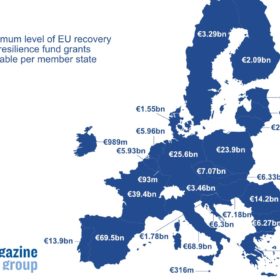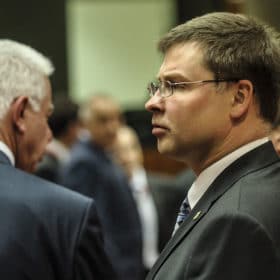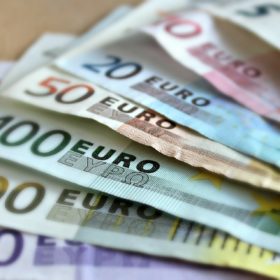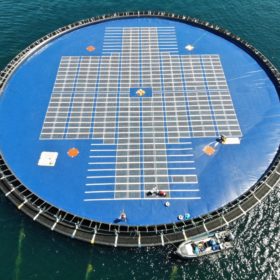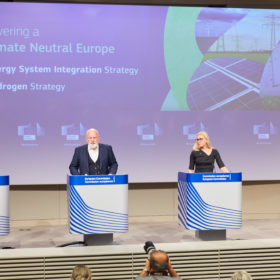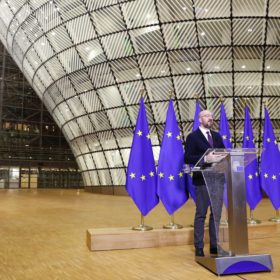EIB and Greece agree first in EU to co-manage €5 bln of recovery plan
The European Investment Bank and Greece this week signed a first-of-its-kind agreement to jointly manage €5 billion of investment concerned with the EU member state’s post-Covid recovery plan. The strategy has a key focus on green energy.
EU allocates more cash to help small businesses join green transformation
The European Union agency responsible for providing finance to small and medium-sized businesses will have 64% more funds to disperse after the EIB, European Commission and its other shareholders voted to raise its share capitalization.
EIB finance for Burkina Faso solar plant
The European Investment Bank will lend more than half the cost of expanding the first solar project built by the West African nation’s electric utility, from 37 MW to 50 MW.
First PPA-driven solar rooftop in Egypt
Solarizegypt will receive payments from Coca Cola for a 1 MW array it has installed on an industrial facility in Sadat City under the nation’s net metering regime.
Floating solar could benefit from EU offshore renewables strategy
A clean energy plan drawn up by the European Commission includes details of the various funding pots available to help ocean-based renewables hit 340 GW of generation capacity by mid century.
Northvolt secures $1.6bn backing for twin battery gigafactories
In a little over ten years, Northvolt aims to pour 150 GWh of batteries onto the European market, annually. The company is also working to source end-of-life batteries for half its raw materials.
RES4Africa outlines one-stop-shop program to de-risk investments in African renewable energy projects
RES4Africa’s plan to offer a one-stop-shop to tap consolidate all the European sources of funding for African renewables aims to de-risk investments in large-scale renewable energy projects in the continent. The 171-page report entitled “Scaling Up Africa’s renewable power” provides an update on the “renewAfrica Initiative” launched by the RES4Africa foundation together with a range of European stakeholders one year ago.
EU hydrogen strategy could drive 120 GW of renewables capacity
The European Commission has outlined a long-anticipated plan it says could unlock up to €340 billion for new solar and wind projects over the next decade. The 30-year strategy envisages up to €470 billion being spent on electrolyzer capacity.
EU opens applications for €10bn, ten-year clean tech innovation fund
Funded by the bloc’s Emissions Trading System, the warchest will look to spend more than €10 billion on bringing clean energy innovations to market over the next decade. The scheme will work with other green recovery programs to secure jobs and lay a foundation on which to restart the European economy.
European Council raises hopes of green stimulus package
The economic fallout of the Covid-19 outbreak is yet to be determined but as legislators scramble to establish fiscal support for the EU it is becoming clear the suits in Brussels are not prepared to scrap their hard-won Green Deal plan. Quite the opposite, in fact.
